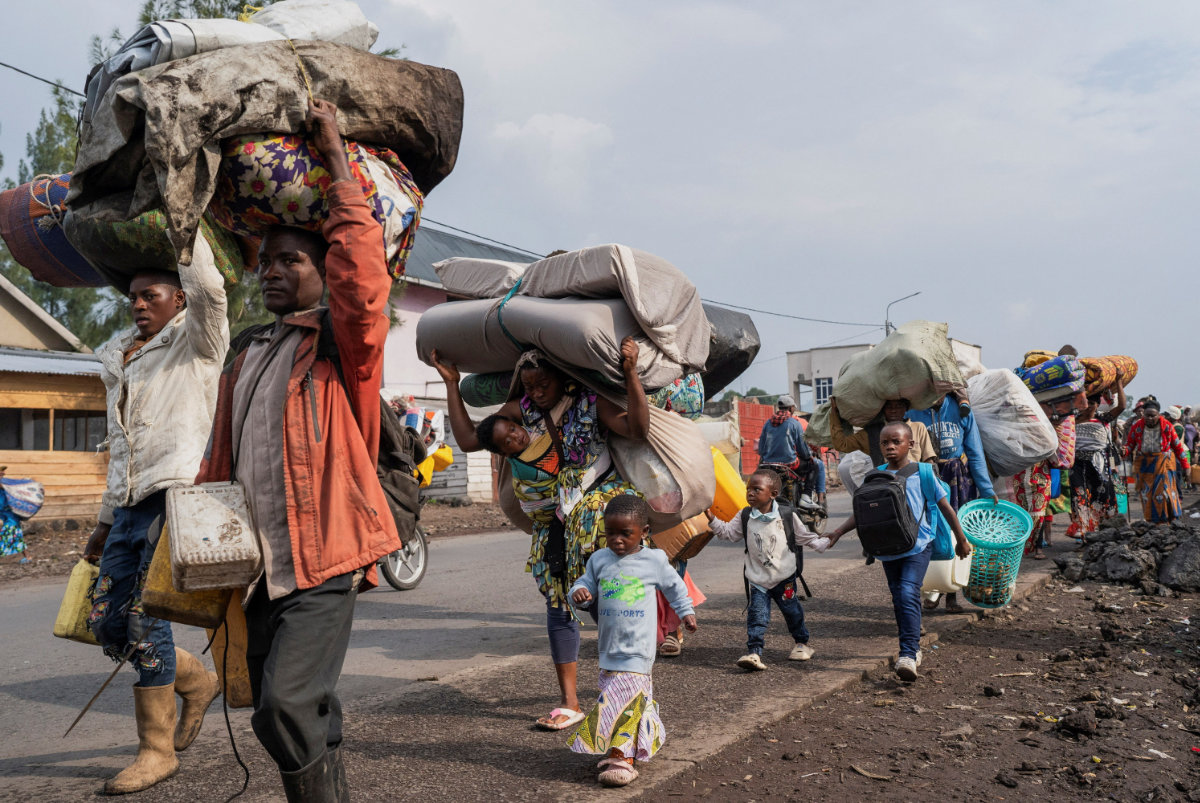CHICAGO: Arab Americans have long been active in voting and have consistently had some of the highest turnouts at polls among ethnic communities along with African Americans and Jews.
Although they do not have the same numbers as African American voters, they are engaged in the system often supporting both the conservatism of Republicans and the social equity policies of the Democrats.
But, they have been consistently left out of the political system even during times when they believed their patriotism should be recognized, such as in 2000 when Hillary Clinton first ran for the US Senate seat in New York, refunding donations given to her by Muslim and Palestinian activists to satisfy the state’s huge pro-Israel voter constituency.
As a consequence, Arab Americans, both Christian and Muslim, have been selective in supporting candidates swinging from the Republican party to the Democratic party, although American policies on the Middle East have always been the foundation of their vote.
Energizing this year’s Arab American voter activism is the release by Democrat Joe Biden of a first-of-its-kind, six-page Plan for Partnership definitively calling for the support and engagement of the community. Biden’s policies have always been pro-Israel, but he is more receptive to concerns for the Palestinian people.
Samir Khalil, president of the Arab American Democratic Club (AADC), will be supporting Biden over Republican US President Donald Trump on Nov. 3. He said Biden’s release of the Plan for Partnership document had energized excitement and that for the first time Arab Americans believed they would finally be taken seriously rather than pandered to, as a needed voting bloc.
“Too often we have been pandered to by all of the parties and the candidates. They want to use us and get our votes but, in the end, we really have not received what we have asked for,” Khalil added.
“We have asked that elected officials include our community not only by recognizing our concerns on foreign policy but also by hiring members of our community, providing grant funding to our community, and by treating us the exact same way that other ethnic and racial groups are treated, white, black, Hispanic, Asian and, we hope Arabs, too.”
*******
READ MORE: New York — early voting an antidote to election anxiety
*******
During an online conference hosted by the AADC and the American Arab Chamber of Commerce in Chicago, speakers said they were energized in the upcoming election.
“Ultimately we care about the same things that other Americans care about,” said Jennifer Atala, a spokesperson for the Arab Americans for Biden campaign group.
“We care about jobs and the economy. We care about healthcare and making sure our pre-existing conditions are covered. We care about having a president who is not going to pander with misinformation when American lives are on the line.”
Atala criticized Trump and his handling of the coronavirus disease (COVID-19) pandemic. “Some 258,000 Americans are not voting this election and that’s because they died from COVID-19,” she added.
Jim Zogby, the president of the Arab American Institute (AAI), said Trump had encouraged the far right which had engaged in violence against everyday Americans including Arab Americans and Muslims. He described it as “a permanent danger” that Trump had failed to address.
“We are going to win Illinois. We have to worry about Michigan, Ohio, and Pennsylvania. Those are three states where we make a big difference,” Zogby added, noting that Arab American engagement in the election had increased measurably.
“We have got to turn out the vote in those three states and we make a big difference. In those three states and Wisconsin, it was just a matter of tens of thousands of the votes total that made the difference in the last election. When this is all over, I want people to say Arab Americans are the reason why we won.”
Zogby praised Biden’s outreach to the Arab community, and pointed out the visit by Jill Biden, former US Second Lady, to Shatila Bakery in Dearborn, in Michigan recently where she met with Arab American voters.
“How many times have we waited for presidential candidates to come to us?” Zogby said.
The AAI has been at the forefront of the Yalla Vote (let’s vote) campaign over the years to encourage voting in Arab American communities.
Arab Americans and Muslims have supported both parties, Republicans because of their opposition to abortion rights and support of family values and religious freedom, and the Democrats because of more liberal policies toward refugees, immigrants, and foreign policy toward Palestine.
A recent poll by the AAI showed that despite claims by activists, Arab Americans were not monolithic, and discriminated based on issues.
The AAI survey revealed that 59 percent of Arab Americans supported Biden while 35 percent backed Trump. The poll also highlighted only a slight change from 2016, when 58 percent supported Hillary Clinton and 25 percent Trump.
A poll by the Institute for Social Policy and Understanding (ISPU) showed that American Muslim support for Republicans and Trump had also increased since 2016, despite reports critical of Trump’s restrictions on Muslims from several predominantly Muslim countries including Iran, Iraq, Sudan, Somalia, Syria, and Yemen.
According to the ISPU, “among Muslims, approval of President Trump’s job performance has increased from 13 percent in 2018 and 16 percent in 2019 to 30 percent in 2020.”





























